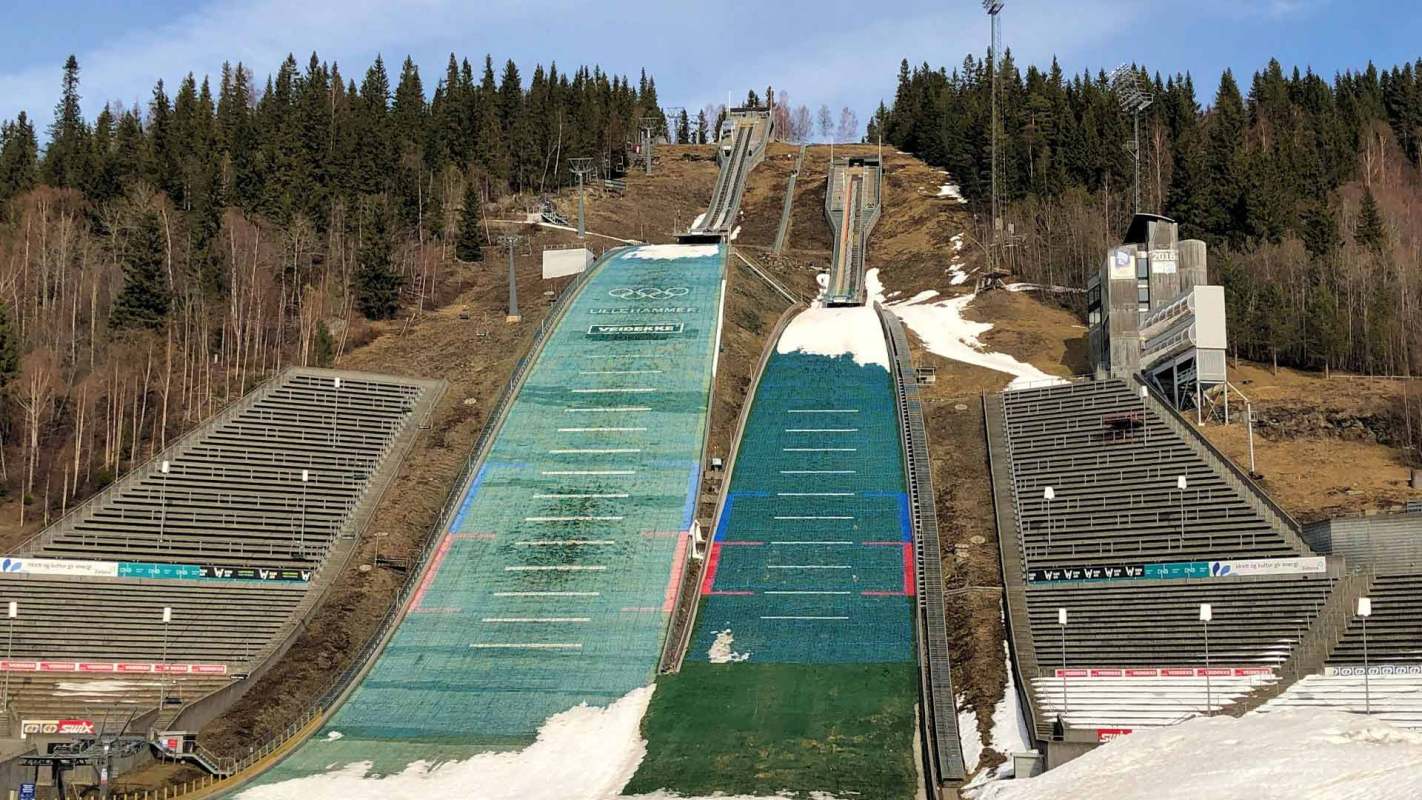The bidding system for the Olympic Games may be transforming into a rotational model as mounting environmental factors threaten the long-term health of the event.
The Winter Olympic Games face a slew of new challenges because of the overheating of our planet. Simply put, there is a shrinking number of major cities around the globe that are actually cold enough to host the games.
Reliance on fake snow is a problem for many reasons.
Athletes say some of the events have become more dangerous as a result of using large amounts of artificial snow, increasing the risk of injury to those who are competing.
In an interview with Loughborough University, Scottish freestyle skier Laura Donaldson explained that when "freestyle super pipes are formed from snow-making machines in a poor [natural snow] season, the walls of the pipe are solid, vertical ice and the pipe floor is solid ice."
"This is dangerous for athletes, some have died," Donaldson said.
Johanna Taliharm, an Estonian Olympic biathlete, echoed the sentiment, telling NBC News that racing on artificial snow comes with serious risks.
"Artificial snow is icier, therefore faster and more dangerous," she said. "It also hurts more if you fall outside of the course when there is no fluffy snowbank, but a rocky and muddy hard ground."
Additionally, the enormous amount of water needed to create all this artificial snow takes a significant toll on local water supplies. And, unless this electricity used to power the fake snow machine is made using a clean energy source like solar or wind, the carbon pollution created will further contribute to the overheating of the planet.
The snow machines themselves are not immune to warming temperatures, either — if it's not cold and dry enough outside, they can't be used; snow was transported to the 2014 Games in Sochi by trucks and helicopters.
These concerns about sustainability and infrastructure prompted the International Olympic Committee (IOC) to postpone selecting a host for 2030 as they consider a different system in which a regular rotation of host cities would be used instead.
Salt Lake City Utah is one of the few places left in the world that holds the required cold temperature averages and has the added bonus of having maintained its Olympic infrastructure from the last time it hosted the games in 2002.
If the rotational model is approved, Salt Lake City could host the event every 20 years. As the impacts of a warming planet are being felt, it makes more sense to prioritize sustainability, and the rotational model would certainly serve that end far better than the current bid system.
Want more? Follow The Cool Down on Instagram and join our Weekly Newsletter for cool stories and easy tips that save you money, time, and our planet.








